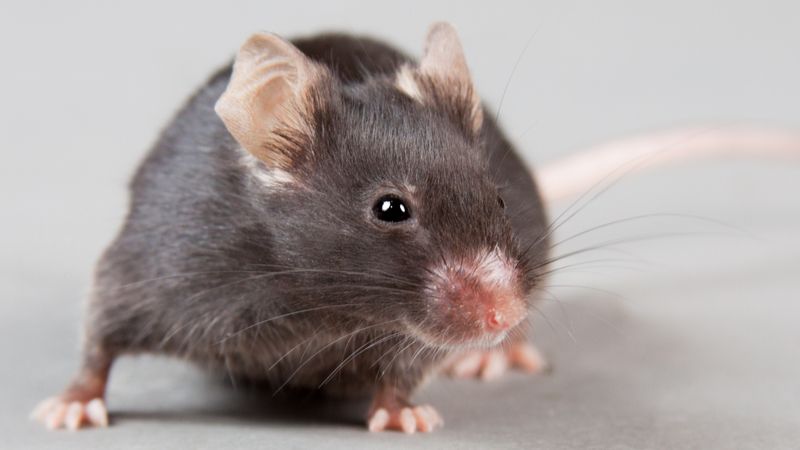A new study has demonstrated that increasing the expression of a single gene was enough to reverse age-related visual decline in the eyes of old mice.
Introducing ELOVL2
Elongation of Very Long Chain Fatty Acids Protein 2 (ELOVL2) is both a bit of a tongue twister and a known aging biomarker. The results of a new study from researchers at the University of California San Diego School of Medicine suggest that the ELOVL2 gene plays a pivotal role in both the functional and anatomical aging of the retinas of mice and may also have relevance to human age-related eye conditions.
